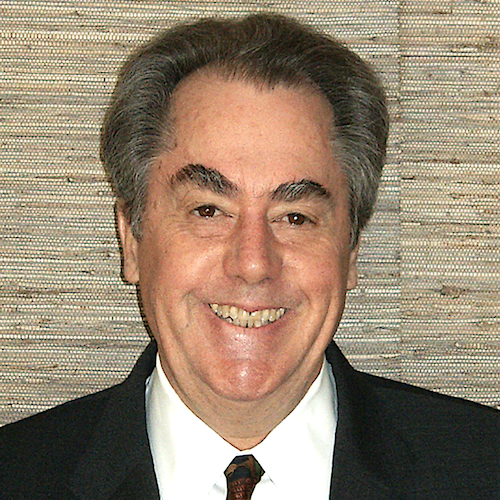
U.S seniors hold $8.05 trillion of home equity. Medicaid exempts between $603,000 and $906,000 of that wealth per person when determining financial eligibility for long-term care, the program’s most expensive benefit. That exemption is so high that scholars recently concluded “we estimate that nearly the entire elderly population would meet the home equity threshold.”
So 54 million elderly people, 78.7% of whom own homes, will not have to expend their home equity for long-term care thanks to Medicaid. Currently, “soaring prices amid high demand and tight supply” guarantee that the amount of home equity off limits for privately financing senior living will increase rapidly.
But not to worry. Ever since the Omnibus Budget Reconciliation Act of 1993 (OBRA ’93), state Medicaid programs have been required to recover the cost of care provided from the estates, including home equity, of deceased recipients. That law sent the message “we won’t wipe you out financially if you need long-term care, but you will pay back the cost of your care after you die when neither you nor a qualified surviving dependent need it.” It was essentially a government-backed loan protecting the dignity of people who failed to plan ahead to pay privately for long-term care. It isn’t welfare if you pay it back.
But all that is in jeopardy now. The Medicaid and CHIP Payment and Access Commission (MACPAC) recently recommended to Congress that Medicaid estate recoveries be made voluntary. That alone would reduce potential recoveries, but the commission also proposed to limit recoveries from Medicaid managed care cases and to base “hardship” waivers on something other than financial hardship.
The Congressional Budget Office confirmed that all three MACPAC proposals would increase federal expenditures and reduce funds available to Medicaid. Why do it?
MACPAC says the fear of estate recovery discourages people from applying for Medicaid and the imposition of recovery tends to keep poor people poor. But that makes no sense. States cannot recover funds expended on behalf of people who have no assets. Estate recoveries only apply to people who have resources left over and have no surviving dependent relatives who face a financial hardship.
States tend not to seek recovery unless the return will be greater than the cost of recovery. The return can be very substantial indeed, as much as 15 to one, especially when large, previously exempt home equities end up in the estates.
Providing and paying for long-term care is a huge problem for America and Americans. Medicaid is the single largest payer for such care. Despite the common notion that people must be impoverished to qualify for Medicaid, the truth is that income can be substantial, up to the cost of a semi-private nursing home room, $93,000 per year, as long as it is less than the applicant’s private medical and long-term care costs.
Beside home equity and with no limit on their value, Medicaid exempts one automobile, prepaid burial plans, a business including the capital and cash flow, term life insurance, household goods and personal belongings, even an Individual retirement account if it’s in payout status as most must be by age 72 according to the latest required minimum distribution rules.
MACPAC also claims that estate recoveries do not produce much revenue. That’s true, but fixable.
After OBRA ’93 passed, states did not implement estate recovery aggressively, the federal government did not enforce the law, and the media didn’t publicize the new estate recovery liability, so the public continued to ignore long-term care until they need it, turning to Medicaid by default when they did.
We need to strengthen America’s long-term care social contract, not cripple it. To understand the reasoning, evidence and recommendations that led Congress to pass OBRA ’93 mandating estate recoveries, read Medicaid Estate Recoveries: National Program Inspection, a 1988 report by the U.S. Department of Health and Human Services Office of Inspector General. (Full disclosure: I directed that study and wrote that report.)
It behooves policymakers to stop the MACPAC proposal from passing in Congress. Crippling estate recoveries would be a big mistake. Instead, by enforcing and publicizing Medicaid estate recoveries throughout the country, we can encourage private long-term care financing, reduce dependency on Medicaid, and improve access and quality of care for people of all income levels. Senior living operators stand to benefit from greater private-pay revenue and less dependency on Medicaid’s meager reimbursement rates.
The opinions expressed in each McKnight’s Senior Living guest column are those of the author and are not necessarily those of McKnight’s Senior Living.


